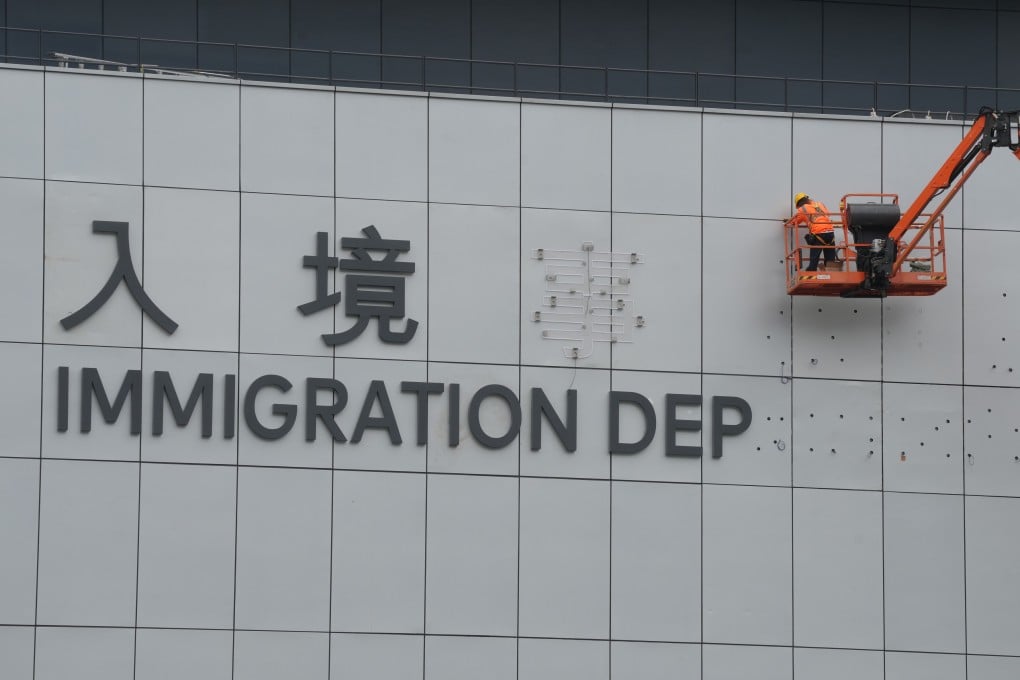Advertisement
Opinion | Visa denials under Trump could be an opportunity for Hong Kong
Hong Kong can attract talent disillusioned by US immigration rules but policymakers must act fast to promote what the city has to offer
Reading Time:3 minutes
Why you can trust SCMP
1

Donald Trump is returning to the White House, after emphatically winning the most influential election of the year. With the Republican Party confirmed to take control of the US Senate and the House of Representatives, the world is expecting the return of a more protectionist America with lots of uncertainty.
One certainty, though, is a hardline immigration policy. Trump’s last administration cracked down on both undocumented immigrants and legal immigration. In October 2020, the Trump administration issued restrictive rules for H-1B visas – usually held by skilled professionals – that were ultimately blocked in court.
Under the rules, the Department of Labour would have significantly increased the minimum wage required for H-1B visa holders, deterring companies from hiring the many new graduates from US colleges who are not American citizens but keen to start their career in the country. The Department of Homeland Security would have narrowed the range of jobs covered by an H-1B visa and increased scrutiny of companies hiring for such positions.
Advertisement
Although a judge eventually ruled that the proposed policy violated the Administrative Procedure Act, the denial rate for H-1B petitions surged during Trump’s presidency.
According to an analysis by the National Foundation for American Policy of US immigration data, fiscal year 2017 and 2020 – overlapping with the first and last year of Trump’s first term – each saw a denial rate of 13 per cent, while denial rates were more than 20 per cent in 2018 and 2019. That’s compared to 10 per cent or less in previous years and 4 per cent in 2021 during US President Joe Biden’s first year in office.

Trump has selected Stephen Miller, a hardliner on immigration and the major advocate of restriction of H-1B visas, to be his deputy chief of staff for policy. There may be a clash of interests between Miller and Elon Musk, whose companies have benefited from hiring H-1B visa holders. Meanwhile, memories of the hardships involved in obtaining a US work visa are resurfacing for many recent graduates from abroad.
Advertisement
Advertisement
Select Voice
Select Speed
1.00x
